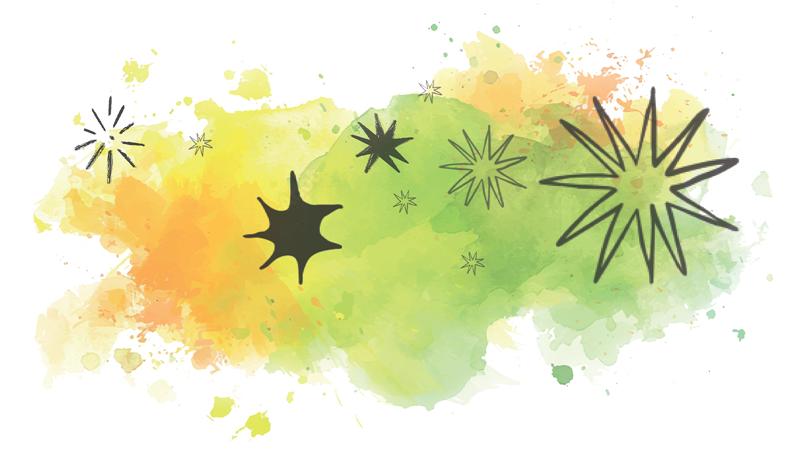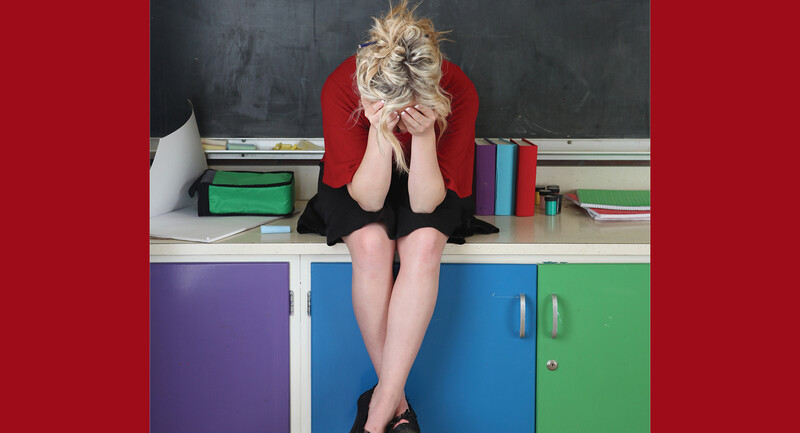There doesn't have to be one right way to respond to concerning behavior.
Reflect & Discuss
"Connection Before Correction" by Lee Ann Jung
➛ For teachers: When talking with a student who has been disruptive, have you ever first checked in on how they are feeling and validated their emotions? How did that affect how your talk went?
➛ For principals: When called on to deal with a student who's shown problem behavior, what do you usually do first? Do you generally ask about their emotions and how they were feeling when the behavior happened?
"A Matter of Perspective" by Jessica Minahan
➛ How might you model perspective-taking skills when dealing with a student whose behavior is problematic?
➛ How might you modify your response to challenging student behavior as a result of reading this article?
"Don't Give Up on Restorative Practice!" by Jamila Dugan
➛ Did you notice high enthusiasm for restorative practices in your school or among colleagues around 10 years ago? If so, has the enthusiasm stuck, or are educators you know now doubting the approach?
➛ What do you think of the "reformist approach" to problems Dugan describes? Have you seen it in action in a school, in terms of improving disciplinary practices or another major area? With what result?
➛ Was anything Dugan explained here about the background, intention, or concept of restorative practices new to you? Did anything surprise you?
"De-escalating the Hulk Brain" by Meredith McNerney
➛ How have you been able to calm down a student in distress?
➛ Does your school have a prevention plan for warding off crisis behavior?
➛ What consequences might help shape a student's behavior rather than punish them for mistakes?
"What's Behind the Rise in Problem Behavior? It Could Be Cognitive" by Nancy Weinstein and Nancy Tsai
➛ Think about those students who consistently show challenging behavior in your class. Are they also struggling academically? Do you see any connection between their academic and behavioral struggles?
➛ Have you noticed any difference in students' executive-function-type skills since the pandemic? Do many have more trouble focusing or organizing their work, or remembering what they learned?
"Dysregulated Students Need Regulated Adults" by Nina F. Weisling
➛ What is one systems-level approach to supporting teacher regulation and well-being happening at your school?
➛ Weisling suggests teachers need both individual and systems-level approaches to regulate their well-being. What are some challenges teachers at your school face in authentically practicing self-care?
➛ Emotional contagion can lead to a cascade of stress responses between students and teachers. What strategies have you implemented in your classroom to prevent stress from escalating?







